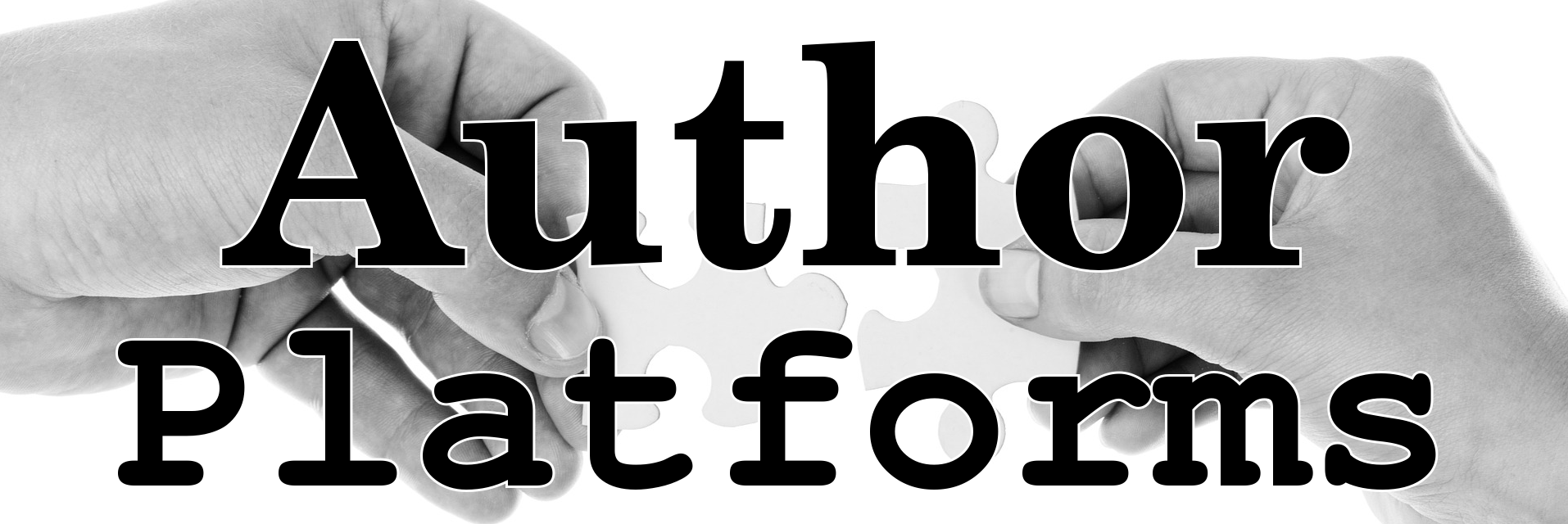

Website
Your website is the essential cornerstone of your author platform. It should be the heart of your marketing, social media, and blogging activities.
Essential website elements
Domain name
This is what gives you your fully branded address. For example, the domain name of this site is authorbuzz.co.uk (while this guide is on a sub-domain).
While not entirely essential, a domain name and site that you host yourself will give you a lot more control.
Home page
This is often the first page people see. It should make it clear who the site is about, what is on the site, and what the visitor can expect to find. Most importantly it should make a good impression.
On no account should anything ever say “click to enter”.
About Me
Your “about me” is the page where you tell your fans everything you want them to know about you. Think of it as an extended “about the author” page in your book.
One day, if all goes right, this information will end up on your Wikipedia page (when you are notable enough to need one). Therefore make this page a good one.
Press Information Page
This page is vital. It should carry information that the press may wish to include in articles. You should also provide high-resolution images (profile photos), a list of your books, awards, honours, achievements, and any other published work. You should also link to your press releases.
If a member of the press has become interested in you, they will come looking for more information. Should you provide everything they need, they will continue writing their article about you. If not they may fire off an email and go and write about someone else. Which is why you must be short, to the point, and cover all the points they might need.
Check the sites of other successful authors (such as this one) and check what they put in their press page.
See our extended guide to press information pages
Contact Page
This is both a legal requirement for businesses and vital for an author wanting to sell books. Your contact page should carry certain information.
- A physical address where you can be reached
- The address of your agent, publicist, and/or agent.
It is not recommended that you put your email address anywhere. This is because spam bots are very good at finding them and sending a lot of junk email. Instead, create an email address that contacts can be sent to and put up a form that can be filled out that forwards to an email address. You might want to have separate addresses for fan and for press contacts.
You will want to avoid putting up your home phone number. Because you will get calls when you least want them. If you have an agent or publicist, putt heir business number.
Links to social media accounts
To keep your author platform interconnected, you need to link out to your social media profiles. That way, readers and fans can use these channels to connect with you.
List sign-up form (newsletter)
Fans and readers should be able to easily find their way onto your newsletter list. Give them a form on an easy-to-find page where they can do that. Author Buzz blogs offer a full suite of third-party plugins that do just that.
- Check the marketing section for more about lists
- See the blogging section for more on advanced uses of blogs
Your books
There should be a page on your site that introduces your books. This should be linked prominently in your main navigation menu.
Ideally, each book should get its own page. This book page should have the title, synopsis, marketing blurb, and links to places people can buy the book.
If the book is part of a series, link them (in order). A series is a good opportunity to get people onto your list. Include information in each book inviting readers to join your newsletter list to find out when the next book in the series is coming. Fans of the existing books should be happy to sign up.
Books not released yet should have the date of release. Consider offering people the chance to sign up to be notified when the book is released.
Events
Assuming that you are not a complete hermit, you will be involved in book signings, promotional appearances, and so forth. These are the dates that you will mention in your newsletter. You can link the announcements to your event page where all your upcoming dates are linked.
Blog
Ideally, you should have a blog as part of your main site. It is not essential but it can make life easier for you. WordPress and other CMS-like blogging systems are good at doing a lot of the page management stuff for you.